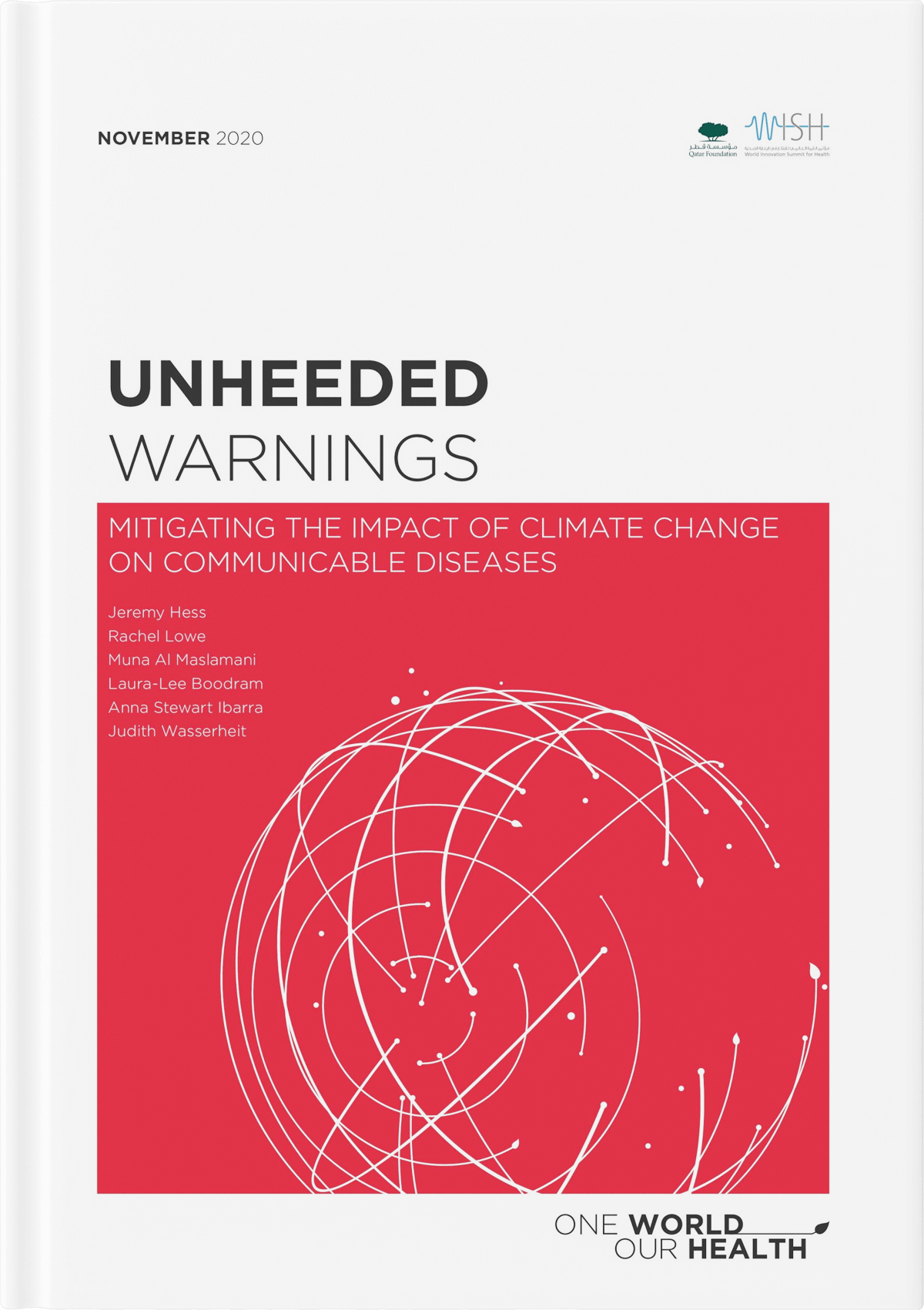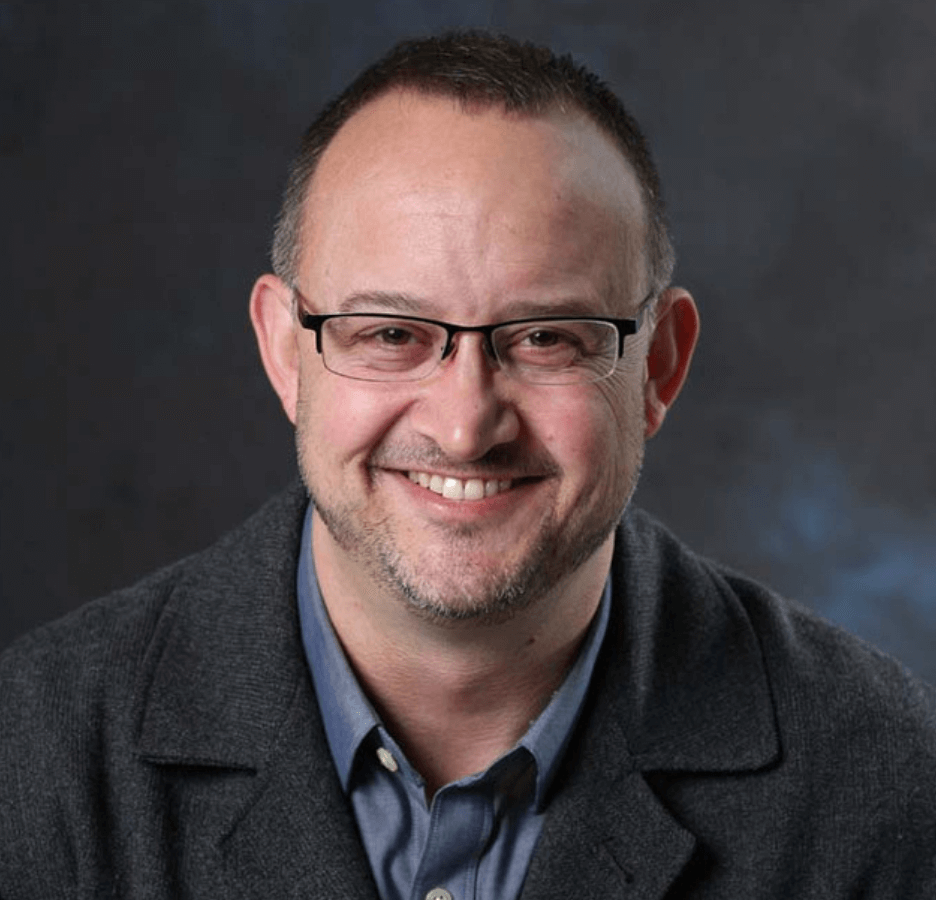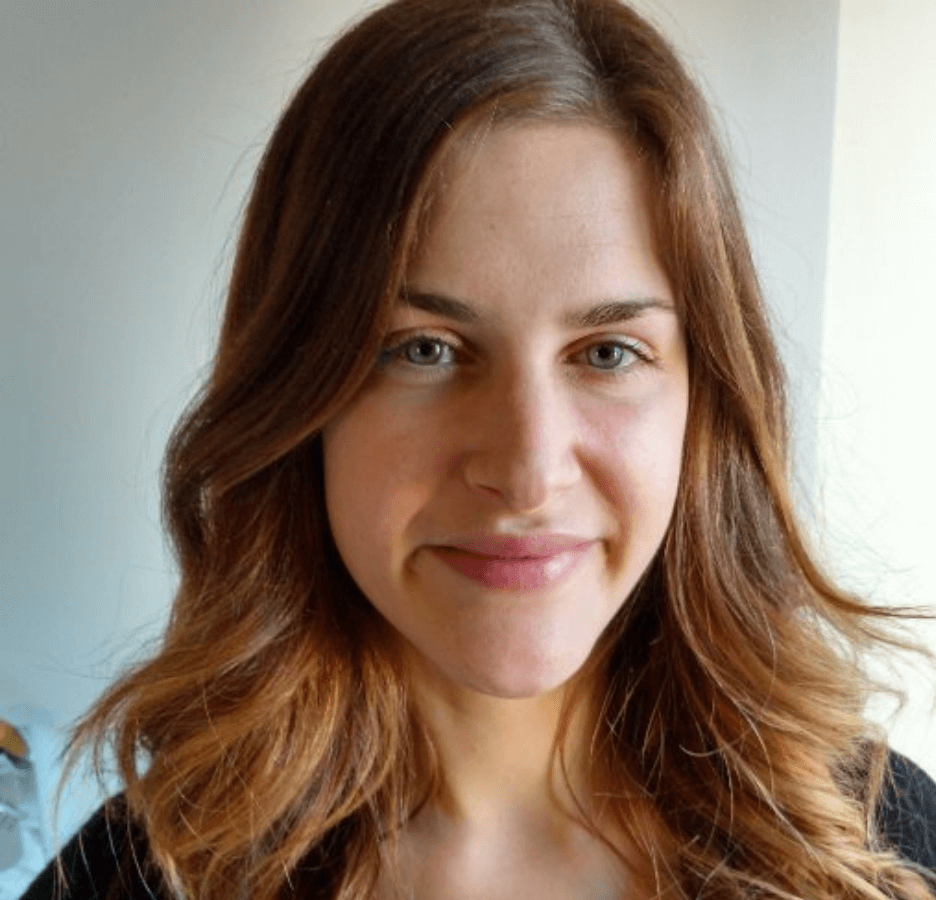Prof. Jeremy Hess
Professor in Emergency Medicine, Environmental and Occupational Health Sciences, and Global Health, Adjunct Professor in Atmospheric Sciences, and Director, Center for Health and the Global Environment (CHanGe), University of Washington. Jeremy Hess serves as the director of the UW Center for Health and the Global Environment (CHanGE). He has an MD and an MPH in global environmental health and is residency-trained and board-certified in emergency medicine. He continues to practice emergency medicine at the region’s only level 1 trauma center. His research spans a range of climate and health areas, from assessing harms to developing and evaluating interventions to prepare the health sector. He was the principal investigator of an NIH-funded grant supporting work in India on the epidemiology of extreme heat and strategies for developing, implementing and evaluating heat early-warning systems, and has ongoing work funded by the Wellcome Trust focused on evaluating heat action plans. Jeremy has also consulted for the Climate and Health Program at the Centers for Disease Control and Prevention, where he previously worked as a medical adviser on the health effects of climate change and evidence-based interventions to enhance preparedness and promote climate change adaptation at the state and federal levels. He is on the editorial board of several emergency medicine and environmental health journals and is a recipient of the Presidential GreenGov award. His work has received funding from the National Institutes of Health (NIH), the National Science Foundation (NSF), the National Oceanic and Atmospheric Administration (NOAA), the National Aeronautics and Space Administration (NASA), the Wellcome Trust, and the Robert Wood Johnson Foundation, among other funders. He has been a lead author on multiple publications for the Intergovernmental Panel on Climate Change (IPCC) and the third US National Climate Assessment.



